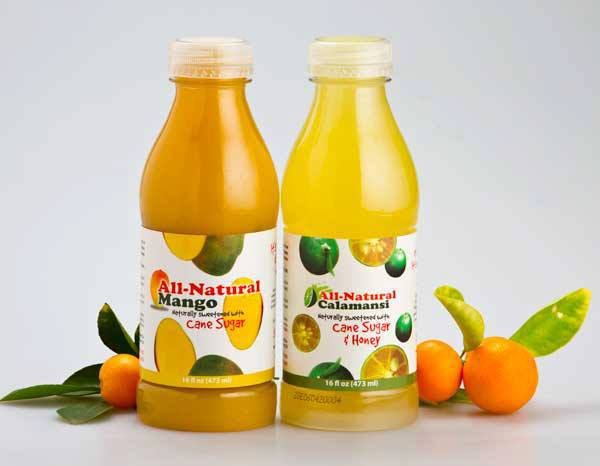OFF THE WALL: The pill-popping Boomers and the wild swings in biotech stocks
By Rene Pastor
People of a certain age are ‘suki’ of prescription medicine. We reach for the bottle to manage all sorts of ailment: a pill to wash the cholesterol out of your system, a pill to trim your sugar level, a pill to rein in your blood pressure. There’s also a pill to keep the libido in good running condition.
That’s why on Wall Street, pharmaceutical and biotech stocks are somewhat immune from the rise and fall of the economy because the need to maintain one’s health is, well, a survival imperative.
One of the most interesting market category is biotech. These companies are at the cutting edge of a new generation of drugs to treat everything from AIDs to Alzheimer’s.
These companies are smaller, and unlike some pharmaceutical titans such as Pfizer or Merck whose market cap or total value would be upward of $150-billion, they are just as reliable investments.
Biotech is fascinating to watch. The companies may be unknowns, but I’ve seen several of their stocks climb $15 or even $25 in a single session. The only tech company I’ve seen do that is Google or Apple.
Two of these promising biotech companies can be found in the ‘burbs just outside New York City. One is Celgene, whose HQ is in Summit, New Jersey. The other is Regeneron of Tarrytown, New York.
Celgene has a drug called Revlimid used to treat anemia and multiple myeloma cancer. Sales are expected to hit $6 billion in 2014. Regeneron’s top drug is Eylea, used to treat age-related macular degeneration of the eyes.
Another company worth watching is Gilead, which made a name for itself by specializing in drugs to fight AIDs and is about to bring to market a major drug for Hepatitis C.
Celgene’s market cap is only $57 billion, and that of Gilead is $92 billion.
When it comes to investing in biotech, you have to become familiar with one word: pipeline.
It’s not oil, but companies like Celgene, Regeneron and Gilead have a good pipeline of potential billion-dollar drugs which should keep them in the green for years and years to come.
The only problem with biotech is that most do not pay out a dividend unlike the pharma giants. The idea is that all the money they earn gets plowed back into research and development. In a way, it’s similar to the business model of Amazon, which posted a loss in the last quarter but did not sharply sell off and stayed near $300 a share.
The only biotech companies I remember offering a dividend is Amgen and Questcor Pharmaceuticals.
I have had holdings in all sorts of biotech stocks. There are single-dollar stocks like MannKind Corporation trying to come up with an inhalable drug for diabetes and there are those like Regeneron or Biogen which would set you back because they cost $200-plus per share.
I lost some money on Biogen because I had lousy timing. I bought high and sold it $5 to $10 below my buying price. A few months back, I bought Regeneron at $179 per share, sold at $220 and then scratched my head when it took off for $270.
In a word, the best biotech shares are unpredictable and of course more expensive than others. Gilead is probably the most reasonably priced at around $60 a share, but a lot of analysts feel it will eventually climb into the triple digit level.
One investor called biotech the Wild, Wild West of Wall Street due to the wild, Tarzan-like swings in stocks.
Many biotech companies have a large pipeline of drugs awaiting approval by the government. Which brings us to recall Martha Stewart and ImClone System.
Martha had stocks in Imclone. In 2001, its drug called Erbitux, an experimental antibody potentially useful for treating cancer, was not approved by the Food and Drug Administration. The court found that Martha had ordered the sale of her 4,000 shares after she’s been tipped off that the drug would not win approval. She was sentenced for lying about a stock sale, conspiracy, and obstruction of justice – rather than the more serious crime of insider trading – and spent five months in jail in 2004.
‘Off the Wall’ is a weekly column on the stock market by Rene Pastor, a long-time business journalist and commodities analyst. Rene writes for Southeast Asia Commodity Digest, an affiliate of Informa Economics based in Memphis, Tenn. Prior to SACD, he was a financial journalist for Reuters for 23 years. The comments expressed here are the author’s personal views and are not meant to recommend the buying or selling of stocks.













Mr. Pastor, thank you for this fine report on buying drug stocks and , the ups and down of drug stock on Wall Street.